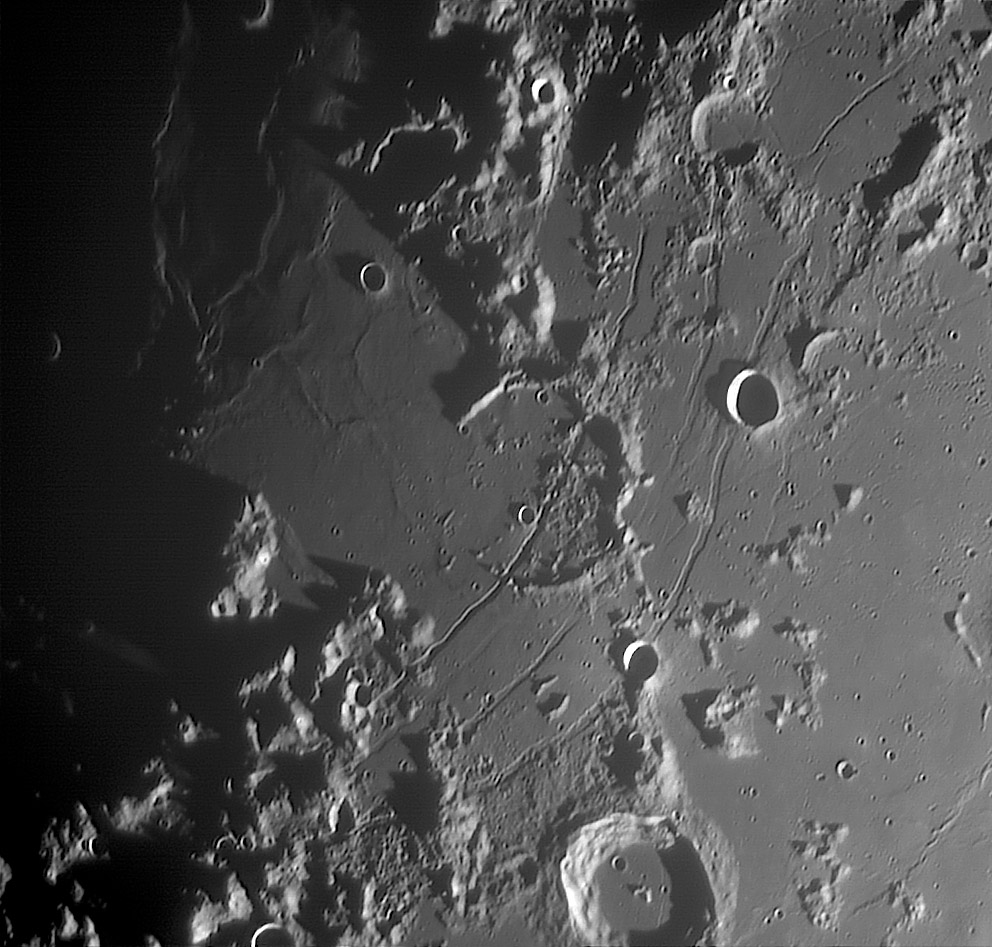Difference between revisions of "February 1, 2009"
| Line 1: | Line 1: | ||
__NOTOC__ | __NOTOC__ | ||
=Pseudo or Real Scarp?= | =Pseudo or Real Scarp?= | ||
| − | |||
<!-- ws:start:WikiTextHeadingRule:1:<h1> --> | <!-- ws:start:WikiTextHeadingRule:1:<h1> --> | ||
<!-- ws:start:WikiTextLocalImageRule:7:<img src="/file/view/LPOD-Feb1-09.jpg/55748292/LPOD-Feb1-09.jpg" alt="" title="" style="width: 1000px;" /> -->[[File:LPOD-Feb1-09.jpg|LPOD-Feb1-09.jpg]]<!-- ws:end:WikiTextLocalImageRule:7 --><br /> | <!-- ws:start:WikiTextLocalImageRule:7:<img src="/file/view/LPOD-Feb1-09.jpg/55748292/LPOD-Feb1-09.jpg" alt="" title="" style="width: 1000px;" /> -->[[File:LPOD-Feb1-09.jpg|LPOD-Feb1-09.jpg]]<!-- ws:end:WikiTextLocalImageRule:7 --><br /> | ||
| − | <em>image by [mailto:s_fire@online.ua Pavel Presnyakov], Kiev, Ukraine</em><br /> | + | <em>image by [mailto:s_fire@online.ua" rel="nofollow Pavel Presnyakov], Kiev, Ukraine</em><br /> |
<br /> | <br /> | ||
| − | My first impression is of a linear scarp from Hippalus to the upper-left corner. And then I remember that the scarp along this side of Humorum is the Kelvin Scarp, the diagonal line of mountains just catching the Sun toward bottom left. Since the crater whose rim is just illuminated at the top of the upper diagonal shadow from Hippalus is Loewy, if this feature were named it would be the Loewy Scarp. Is it real? What is causing it to look so straight? Searching past LPODs brings back Wes Higgin's great [http://www.lpod.org/?m=20060421 view] of this area with a slightly higher Sun angle. That image indeed reveals a short relatively straight edge of the jumbled highlands bordering this eastern edge of Humorum. This falls roughly along the Humorum Basin ring defined by the edge of the mare, but, like the Kelvin Scarp, is not exactly along it. Forty years ago selenologists used to map linear boundaries and talk of a lunar grid system. These scarps are generally aligned with two of the major proposed grids, but the geologic reasons for the grid system was not strong. Perhaps the best suggestion was that the rapid spinning of the early Moon set up stress fields that faults and fractures caused by other forces - such as basin formation - were influenced by. Perhaps. Finally, can someone make a movie from K.C. Pau's lower Sun [http://lpod.wikispaces.com/January+7,+2009 image], this one, and [http://www.lpod.org/?m=20060421 Wes']?<br /> | + | My first impression is of a linear scarp from Hippalus to the upper-left corner. And then I remember that the scarp along this side of Humorum is the Kelvin Scarp, the diagonal line of mountains just catching the Sun toward bottom left. Since the crater whose rim is just illuminated at the top of the upper diagonal shadow from Hippalus is Loewy, if this feature were named it would be the Loewy Scarp. Is it real? What is causing it to look so straight? Searching past LPODs brings back Wes Higgin's great [http://www.lpod.org/?m=20060421" rel="nofollow view] of this area with a slightly higher Sun angle. That image indeed reveals a short relatively straight edge of the jumbled highlands bordering this eastern edge of Humorum. This falls roughly along the Humorum Basin ring defined by the edge of the mare, but, like the Kelvin Scarp, is not exactly along it. Forty years ago selenologists used to map linear boundaries and talk of a lunar grid system. These scarps are generally aligned with two of the major proposed grids, but the geologic reasons for the grid system was not strong. Perhaps the best suggestion was that the rapid spinning of the early Moon set up stress fields that faults and fractures caused by other forces - such as basin formation - were influenced by. Perhaps. Finally, can someone make a movie from K.C. Pau's lower Sun [http://lpod.wikispaces.com/January+7,+2009 image], this one, and [http://www.lpod.org/?m=20060421" rel="nofollow Wes']?<br /> |
<br /> | <br /> | ||
| − | <em>[mailto:tychocrater@yahoo.com Chuck Wood]</em><br /> | + | <em>[mailto:tychocrater@yahoo.com" rel="nofollow Chuck Wood]</em><br /> |
<br /> | <br /> | ||
<strong>Technical Details</strong><br /> | <strong>Technical Details</strong><br /> | ||
| Line 15: | Line 14: | ||
<strong>Related Links</strong><br /> | <strong>Related Links</strong><br /> | ||
Rükl plate [http://the-moon.wikispaces.com/Rukl+52 52] & [http://the-moon.wikispaces.com/Rukl+53 53]<br /> | Rükl plate [http://the-moon.wikispaces.com/Rukl+52 52] & [http://the-moon.wikispaces.com/Rukl+53 53]<br /> | ||
| − | Pavel's [http://www.astroclub.kiev.ua/gallery/search.php?search_user=S.Fire website]<br /> | + | Pavel's [http://www.astroclub.kiev.ua/gallery/search.php?search_user=S.Fire" rel="nofollow website]<br /> |
<br /> | <br /> | ||
<hr /> | <hr /> | ||
Revision as of 19:04, 4 January 2015
Pseudo or Real Scarp?

image by " rel="nofollow Pavel Presnyakov, Kiev, Ukraine
My first impression is of a linear scarp from Hippalus to the upper-left corner. And then I remember that the scarp along this side of Humorum is the Kelvin Scarp, the diagonal line of mountains just catching the Sun toward bottom left. Since the crater whose rim is just illuminated at the top of the upper diagonal shadow from Hippalus is Loewy, if this feature were named it would be the Loewy Scarp. Is it real? What is causing it to look so straight? Searching past LPODs brings back Wes Higgin's great " rel="nofollow view of this area with a slightly higher Sun angle. That image indeed reveals a short relatively straight edge of the jumbled highlands bordering this eastern edge of Humorum. This falls roughly along the Humorum Basin ring defined by the edge of the mare, but, like the Kelvin Scarp, is not exactly along it. Forty years ago selenologists used to map linear boundaries and talk of a lunar grid system. These scarps are generally aligned with two of the major proposed grids, but the geologic reasons for the grid system was not strong. Perhaps the best suggestion was that the rapid spinning of the early Moon set up stress fields that faults and fractures caused by other forces - such as basin formation - were influenced by. Perhaps. Finally, can someone make a movie from K.C. Pau's lower Sun image, this one, and " rel="nofollow Wes'?
" rel="nofollow Chuck Wood
Technical Details
06.01.2009, 16:30 UT. 350 mm newtonian + barlow 3x + extender + Vac-135, b/w 1280x1024; 497 frames from 2500 in AviStack and Registax.
Related Links
Rükl plate 52 & 53
Pavel's " rel="nofollow website



